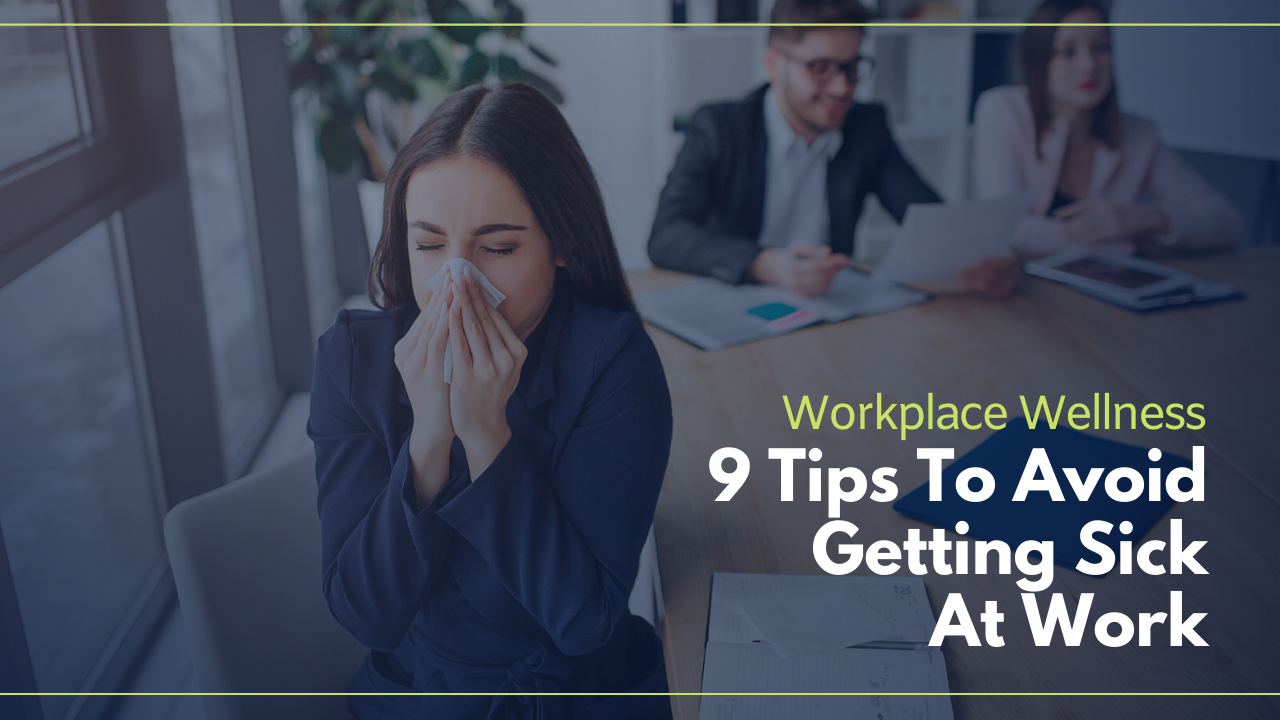- Employers are considering whether or not the vaccine should be part of their workplace wellness program.
- However, some employees have mixed emotions about having the vaccine, and employers also face a huge administrative task.
- Some employers are considering incentives as a way to encourage employees to have the vaccine.
With the COVID-19 vaccine rollout already well underway in some countries, employers need to start thinking about whether or not the vaccine should be part of their workplace wellness program.
In the U.S., the Centers for Disease Control and Prevention (CDC) is recommending that employers make COVID-19 vaccination a part of their workplace wellness program, arguing that doing so “offers many benefits to you (the employer) and your employees”. With the added perk that it will help keep the workplace healthy.
The CDC cites the following benefits.
Potential benefits to employers:
- Keep the workforce healthy by preventing employees from getting COVID-19
- Reduce absences due to illness
- Reduce time missed from work to get vaccinated
- Improve productivity
- Improve morale
Potential benefits to employees:
- Prevent COVID-19 illness
- Reduce absences and doctor visits due to illness
- Offers convenience
- Improve morale.
In theory, the CDC’s recommendation makes sense. But in practice, it’s much more complicated.
Potential Challenges: COVID-19 Vaccine Hesitancy
Recent data from the U.S. Census Bureau found that “vast numbers of Americans are either unsure about getting the Covid-19 vaccine or say they will never get it.”
A recent survey conducted by eMindful found that more than one-third of the workforce has mixed emotions about getting the vaccine, which “will create challenges for employers when it comes to rolling out the vaccine,” according to Mary Pigatti, eMindful’s CEO.
While the data is specifically from the U.S., the reality is that vaccine hesitancy is growing worldwide. According to surveys, hesitancy is driven mostly by fear of side effects or lack of trust in the government.
Hesitancy is not the only challenge employers will need to overcome.
If an employer is planning on making the COVID-19 vaccine mandatory, then they will need to think about the administrative burden that may result from such a decision.
Speaking to the Associated Press, Michelle S. Strowhiro, an employment adviser and lawyer at McDermott Will & Emery, said that tracking compliance would take time and resources, but most importantly, employers would also have to manage exemption requests and legal claims that may arise.
Even though companies (in the U.S.) can make vaccination mandatory, it may not be the best course of action for all, especially considering that vaccines are not yet widely available.
Vaccination Incentives
To combat hesitancy and encourage employees to get the vaccine, some employers are now offering vaccine incentives. Kroger, Aldi, Olive Garden, McDonald’s, Trader Joe’s, and Chobani are only a handful of companies currently offering incentives to employees.
As for what type of incentive, there’s plenty to choose from, although recent research from Blackhawk found that financial incentives may be the most effective. According to Blackhawk’s research, Americans are more likely to receive the COVID-19 vaccine when given monetary incentives by the government or their employer.
If financial incentives are not an option for employers, they should focus on providing incentives that reduce the barriers to getting a vaccine, such as paid time off and scheduling flexibility to make it easier for employees to receive the vaccine.
A quick note on schedule-based incentives: consider staggering PTO and flexible scheduling to avoid worker shortages due to vaccine side effects. The CDC recommends that anyone who experiences side effects stays home.
Companies can also incorporate the COVID-19 vaccine into their wellness programs—similar to programs that include flu shot clinics—without necessarily making the vaccine mandatory. Making it a part of the program can help encourage workers and, if deployed correctly, can even make it easier for employees to get it—especially if the company offers the vaccine for free to workers.
Pro tip: If your company is thinking about incorporating the vaccine into its workplace wellness program, then it might make sense for you to offer the vaccine on site.



 Dr. Gleb Tsipursky – The Office Whisperer
Dr. Gleb Tsipursky – The Office Whisperer Nirit Cohen – WorkFutures
Nirit Cohen – WorkFutures Angela Howard – Culture Expert
Angela Howard – Culture Expert Drew Jones – Design & Innovation
Drew Jones – Design & Innovation Jonathan Price – CRE & Flex Expert
Jonathan Price – CRE & Flex Expert











